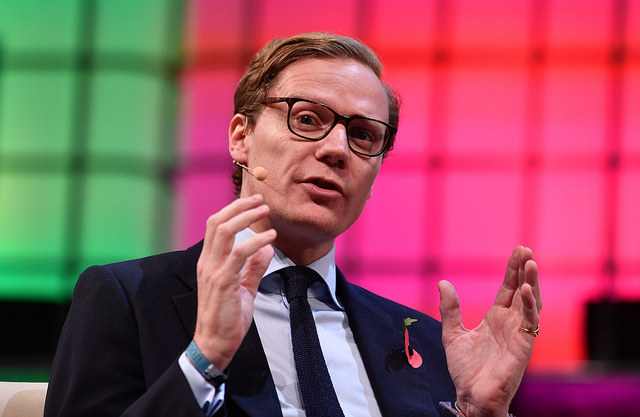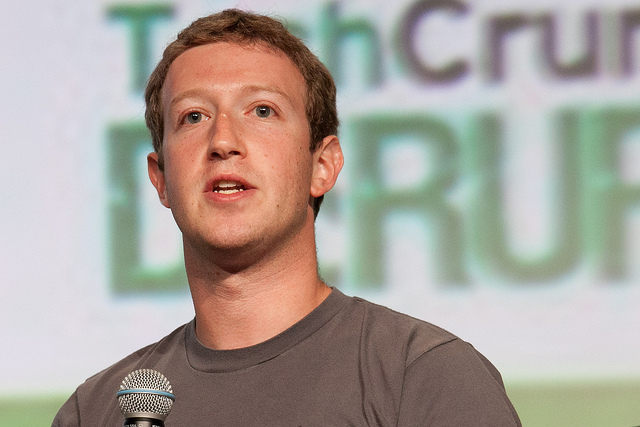British research firm Cambridge Analytica has hit the headlines this week after an undercover investigation by Channel 4 News, alongside evidence given to the press by a whistleblower who had ties with the organisation, uncovered some rather unsavoury working practices. There’s a lot to digest, especially if you’re not familiar with social networks and how digital data is used for advertising and campaigning. If that’s the case, we’ve put together this quick-fire guide that should get you up to speed on the issue that could have profound implications for how we protect our digital data going forward.
Cambridge Analytica is a British-based consumer data research organisation that was established in 2013 by Alexander Nix to help businesses and political parties to understand and exploit audience behaviour.
Its researchers take the vast amounts of data able to be collated on people online, like the information contained in their social media accounts, and apply behavioural science to aid its customers in targeting and influencing those people.
One of Cambridge Analytica’s most successful early campaigns was in influencing US elections. In 2013, the company received a $15 million fund from Republican party donor Robert Mercer, and then went on to win contracts with various Republican governors contesting for political seats. Cambridge Analytica worked on Ted Cruz’s Republican presidential candidate campaign. Mercer, a fervent Trump supporter, also became a shareholder in Cambridge Analytica as the company continued to forge strong links with right-wing customers who were eager to exploit audiences and influence election results.

“We collect up to 5,000 data points on over 220 million Americans and use more than 100 data variables to model target audience groups and predict the behaviour of like-minded people,” so boasts Cambridge Analytica. In 2016, Cambridge Analytica was hired by a soon-to-be-successful Trump presidential campaign.
Facebook’s very business model is founded on the harvesting and selling of its customer data, but the social network’s relationship with Cambridge Analytica has taken that notion to an unprecedented level.










